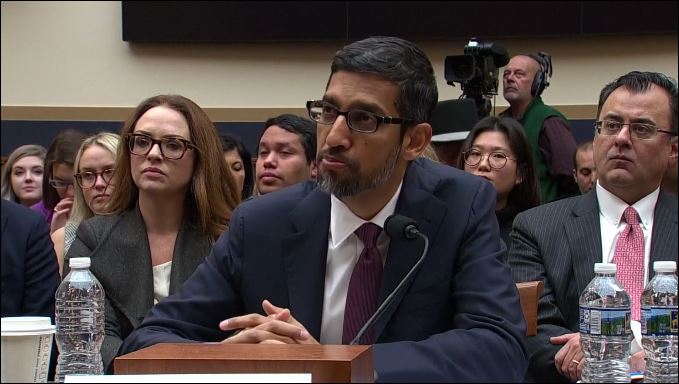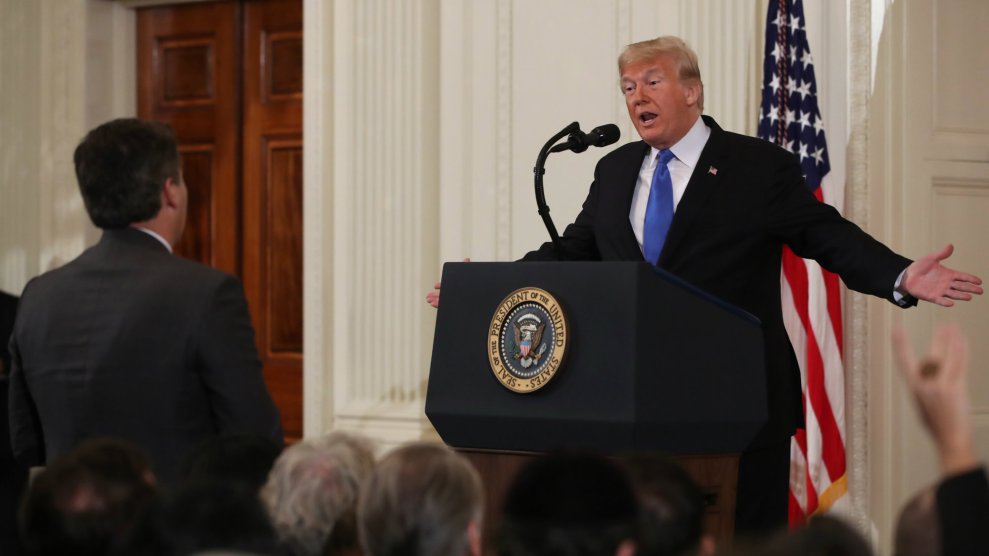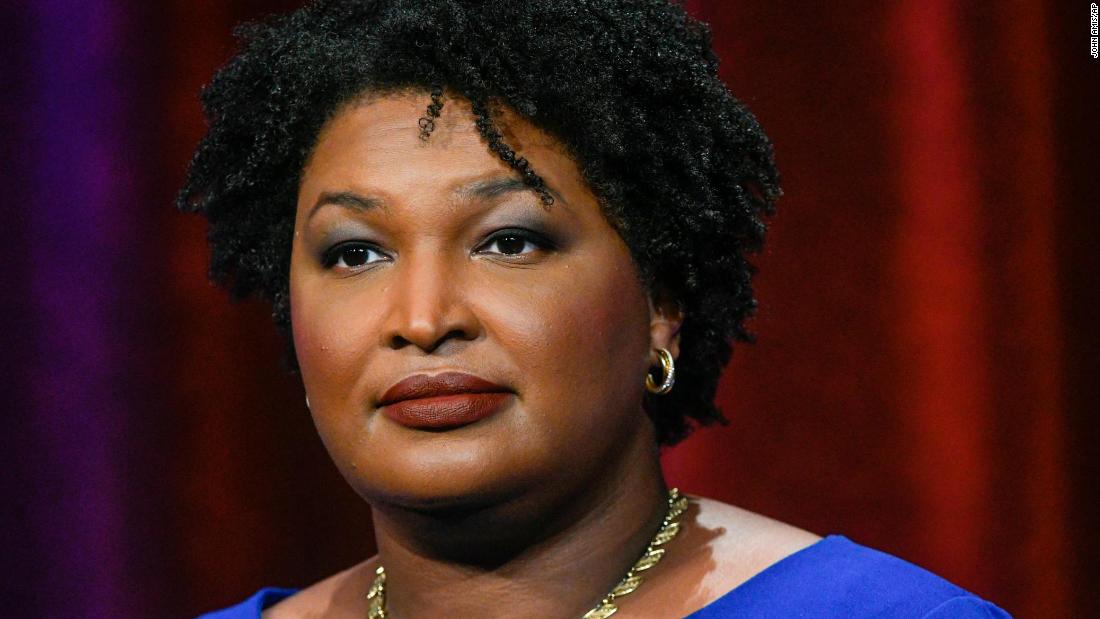Publisher’s Note: Below is another response I received after reading a piece in the New York Daily News on the relevance of Black History Month. I’ve opened a forum for- discussion on this topic. The piece, called “Black History Month, it is time to get rid of this celebration,” drew some strong feelings among the EzKool community. This post was written by Renee Brown, a lawyer from Texas.
It is hard to believe that black history month and whether it is worthwhile is even an issue still being debated. I recently read an article posted by a young man in the New York Daily news which argued that Black history represented division, and a continued promotion of segregation between the races. He even went on to say that black folks should be insulted by the idea of black history month – given that it is celebrated during the shortest month of the year.
I was saddened by his misunderstanding of black history month. I was appalled that he would suggest that the celebration of black contribution to American and world history was somehow divisive. He indicated that he was a tutor. However, I do not believe that it is history. If so, surely he would be well aware of the fact that still today little attention is given to the history of African Americans or any other groups that have contributed to our society and the world at large. While he may be true that there are no other specially designated months to celebrate Asian or Hispanic history – I want to address why black history was created and is still relevant today.
Dr. Carter G. Woodson, the founder of Negro history week, believed that the study of black history was especially important to blacks because it was a counter to white chauvinism and racism. Wilson was deeply committed to the advancement of black people and understood that the self-esteem of young black men and women was deeply connected to such information. Moreover, he believed that if whites knew more about blacks other than the racist propaganda they too would have a greater respect for blacks. Furthermore, American history books failed to address the contributions blacks made to the history of this country. This dearth of information withheld from history classes and textbooks helped to reinforce negative stereotypes that not only did whites believe, but so did many blacks. As such, he found it of great importance to celebrate African heritage and championed the idea of black history week. In 1926, black history week was created.
When did black history week become black history month? It was not until nearly forty years later, during the civil rights movement did understanding and appreciation of black history expand beyond the black community. Why was February the shortest month of year chosen as black history month? The month was chosen by the NAACP mainly to in recognition of the birthdays of famed abolitionists Frederick Douglass and President Abraham Lincoln. The fact that February was the shortest month was not intended to slight the importance of black history in anyway.
Still today, our history books have failed to adequately address the accomplishments, challenges and contributions of black Americans and other minority groups. This failure has forced minority communities to educate their members and the larger society about their heritage, thus, giving rise for the need of celebrations such as black history month. A modern example of this lack of historical accounting in education regarding the challenges and achievements of blacks, Hispanics, and Asians can be found For instance, in May 2010 the Texas State Board of Education elected to alter the curriculum in its social studies text books that would leave out critical events and people in history. So if the information is not given at school in the textbooks there is an even greater need for celebrations like black history month to raise awareness and educate black students and others about our history.
If the standard curriculum for history and social studies was more inclusive to all minority groups perhaps there might not be a need for black history month. On the other hand, even if the textbooks did a better job of educating the populous about the tragedies and triumphs of black Americans I would argue that there would still be a need for black history month. Every group has a duty to educate its own about their ancestry and heritage for the purpose of passing down values and standards. Unfortunately, in 2011 there are still a large percentage of blacks who do not know of Dr. Woodson or the many other blacks that made significant contributions to the advancement of black Americans. As an educator, I would argue that not only is black history month necessary, but more should be done to encourage black self-awareness. Given all of the negative imagery of black Americans on television today, it is imperative for blacks to study and understand their history if we are to continue on the path of positive advancements initiated by ancestor like Dr. Woodson and the many before.









